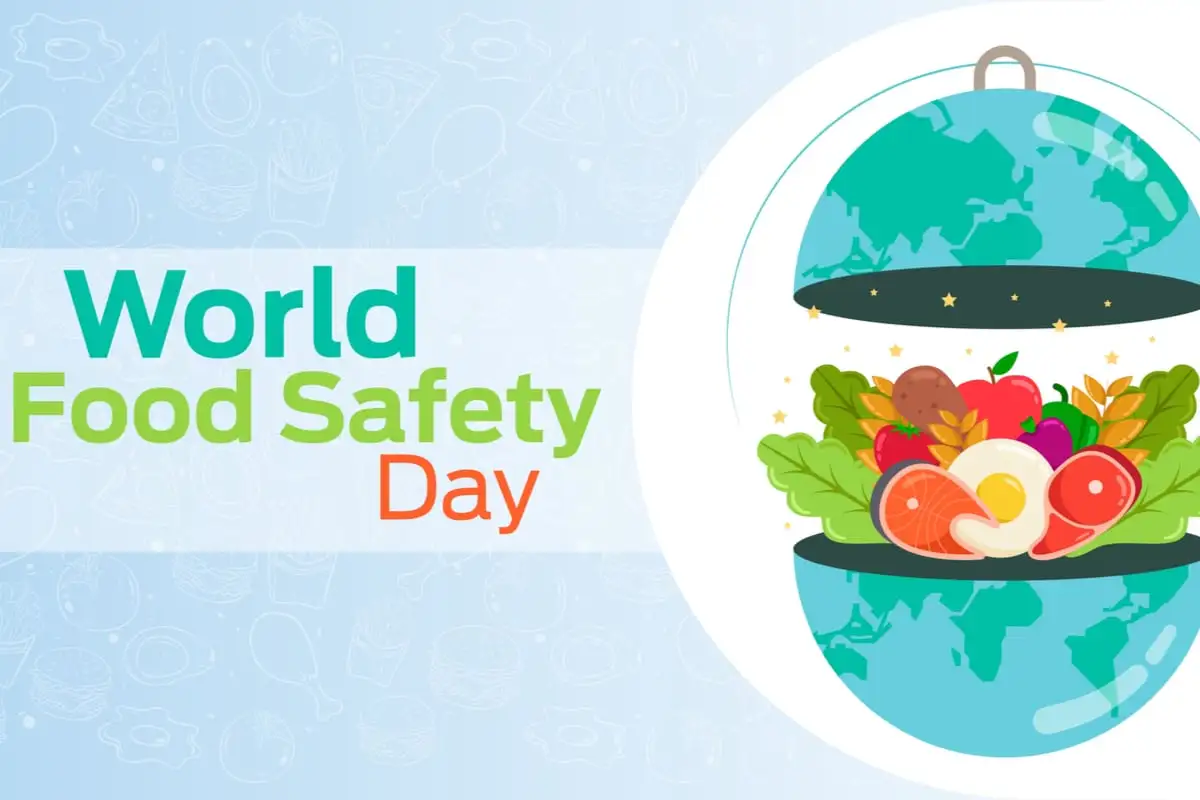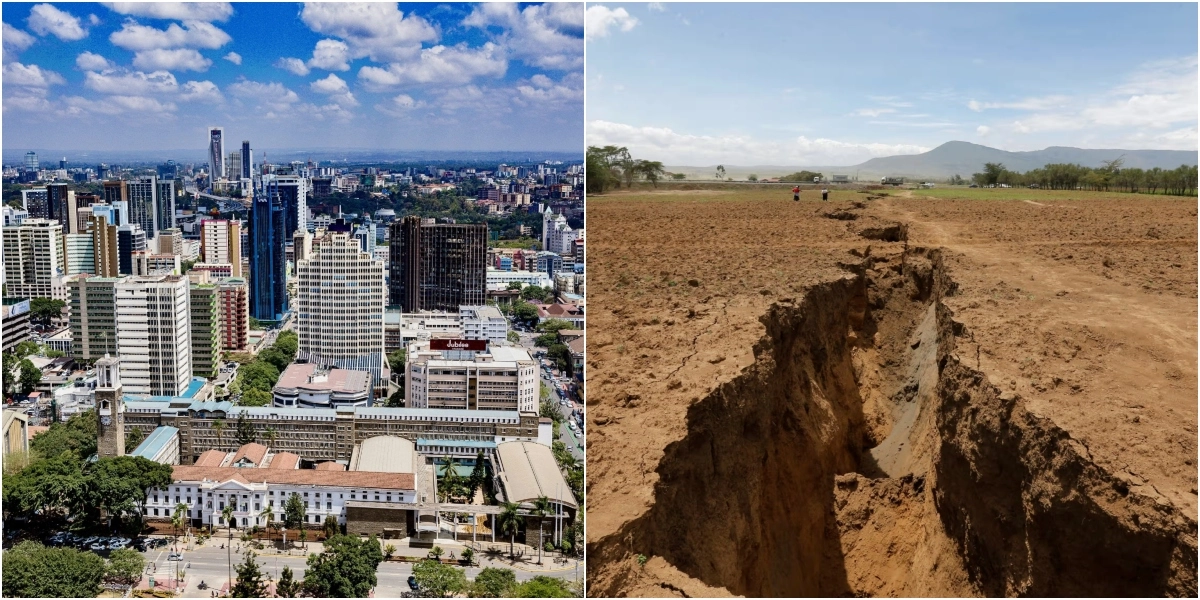Celebrating its sixth edition, World Food Safety Day on June 7th has grown in global significance, drawing attention to the critical importance of food safety in ensuring human health, economic prosperity, and sustainable development. This year, the spotlight is on Eastern Africa, where efforts are intensifying to tackle food-borne risks and improve food security.
Recent findings from the Intergovernmental Authority on Development (IGAD) and its partners reveal a stark reality: approximately 25 million people in the region are food insecure. These individuals, particularly from cross-border areas, struggle with reliable access to adequate, affordable, nutritious, and safe food. Addressing this challenge, the FAO Sub-regional Office for Eastern Africa (FAO-SFE) is spearheading initiatives to bolster food safety, recognizing its pivotal role in enhancing food security and promoting intra-regional trade.
“Food safety is a cornerstone of food security,” emphasized an FAO-SFE representative. “By improving food safety controls and harmonizing standards, we can protect public health and foster economic growth through increased trade in safe, high-quality agricultural products.”
Food safety incidents, ranging from minor mishaps to significant crises, highlight the necessity for robust measures across the food supply chain. These incidents underscore the importance of implementing good agricultural, animal husbandry, manufacturing, and hygiene practices, supported by comprehensive legislation and standards.
In collaboration with IGAD, FAO-SFE is providing crucial technical support to Eastern African nations. This includes identifying gaps in food safety policies, strategies, legal frameworks, and technical capabilities to inform targeted interventions and investments. A recent assessment of IGAD member countries’ food safety environments recommended the development of a regional food safety strategy. This strategy aims to create a unified framework for improving food safety policies and harmonizing standards, thereby eliminating barriers to regional and continental trade.
The endorsed IGAD Food Safety Strategy addresses identified weaknesses, advocating for a coordinated, multi-sectoral approach to food safety. It calls for clear roles and responsibilities across sectors and actors along the food chain, ensuring comprehensive and effective implementation of food safety measures.
As Eastern Africa moves forward with these initiatives, the commitment to food safety promises not only to enhance food security but also to unlock economic opportunities, boost agricultural trade, and improve the overall health and well-being of its populations.
On this World Food Safety Day, stakeholders are reminded of the vital connection between food safety and broader socio-economic goals. By prioritizing safe food practices, the region takes significant strides toward a healthier, more prosperous future.
About World Food Safety Day
World Food Safety Day is celebrated annually on June 7 to raise awareness about the importance of food safety. It aims to inspire actions that help prevent, detect, and manage foodborne risks, contributing to food security, human health, economic prosperity, and sustainable development. This year’s theme highlights the collective efforts needed to ensure food safety across the globe.



































